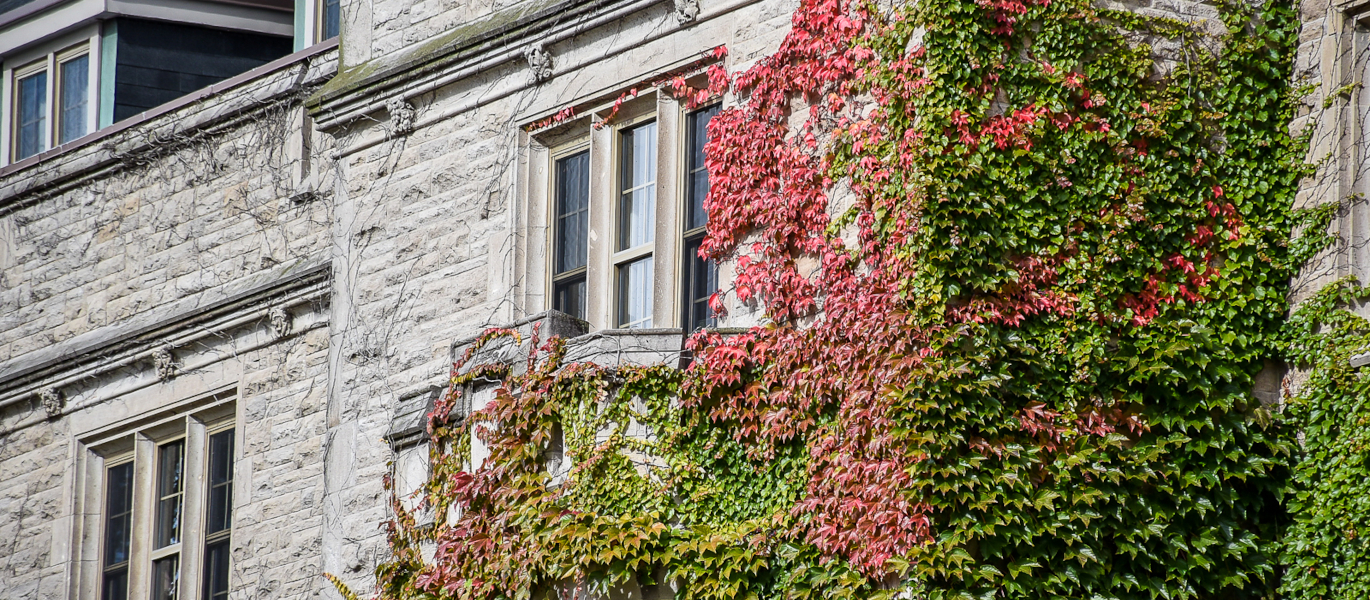The University of Guelph is building on its commitment to tourism and economic development in the City of Guelph by including a municipal accommodation tax (MAT) to its conference service bookings.
The University has committed to a four-per-cent levy on accommodations costs on the U of G campus, with the funds directly supporting the municipality’s efforts for tourism and destination marketing.
In September 2022, MAT was applied to local, short-term accommodations including hotels, motels, bed and breakfasts and other short-term rentals. MAT provides sustainable funding for city programs and initiatives that elevate Guelph as a destination of choice.
U of G will begin assessing the MAT on conference services accommodation bookings in 2024, forecasting an annual contribution of $20,000.
“We are pleased to find new ways of contributing to the economic growth of the City of Guelph and its growing tourism sector,” said Ed Townsley, associate vice-president, ancillary services.
“The University has supported the local sector for many years through conference services, and felt this effort was a natural extension of its commitment,” he added.
U of G in partnership with the Guelph Chamber of Commerce
U of G worked closely with the Guelph Chamber of Commerce to develop this initiative.
“The Guelph Chamber of Commerce is committed to supporting business and is pleased to be operating Destination Marketing Guelph,” said Shakiba Shayani, president and chief executive officer of the Guelph Chamber of Commerce. “As an extension of our work, DMG will drive economic prosperity through the attraction of visitors, conferences and events.
“The University of Guelph continues to be an integral partner of ours and we commend their commitment to our community with this announcement of their contribution.”
U of G contributes more than $2-billion worth of GDP to the local economy annually, sustaining more than 13,400 jobs and generating $686 million in labour income.
“These additional revenues will enable the City of Guelph to advance its talent attraction and skills development goals through its tourism strategy,” said Mellissa McDonald, assistant vice-president, government relations and community engagement.
“This is another example of our deep and lasting contributions to a vibrant local economy and community development in Guelph.”
In addition to direct economic contributions to the City of Guelph, U of G has fostered deep and lasting relationships in the community through volunteerism, community-based research, knowledge mobilization and charitable contributions.
